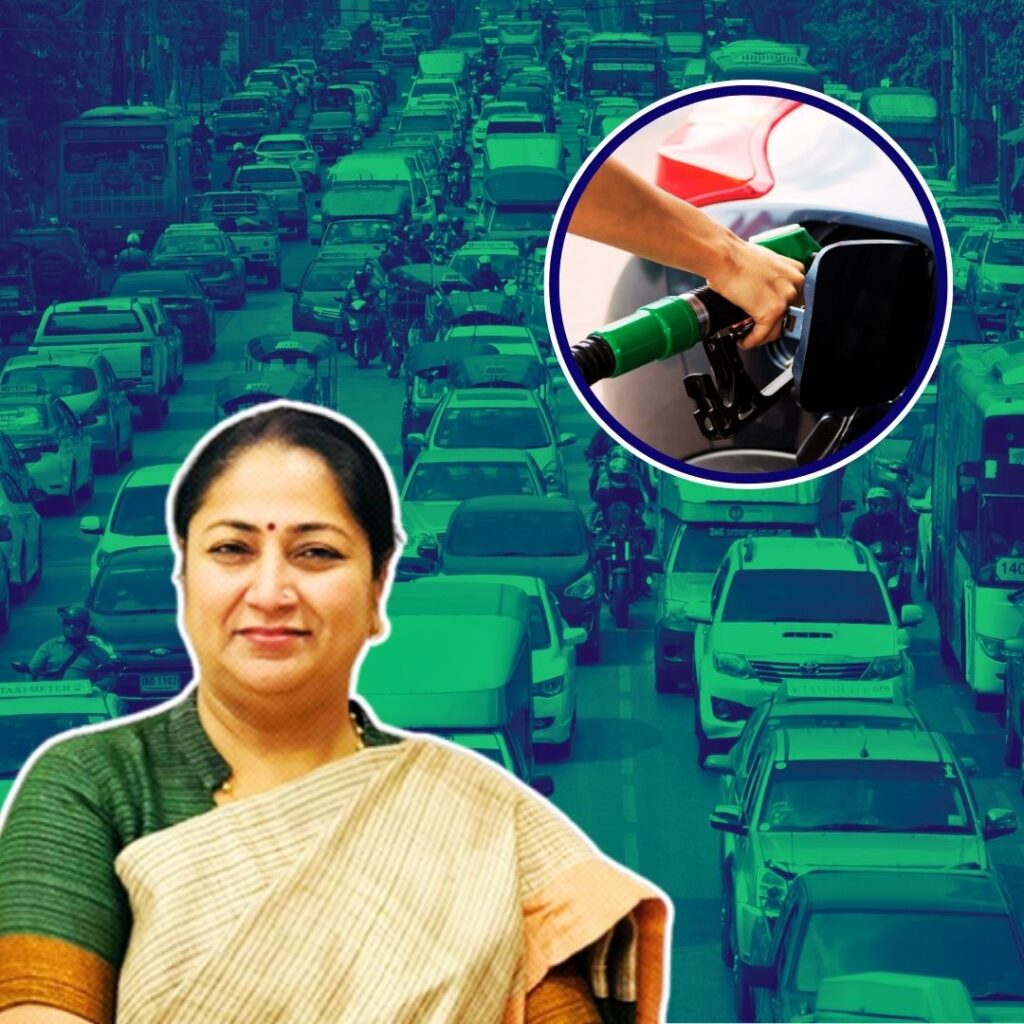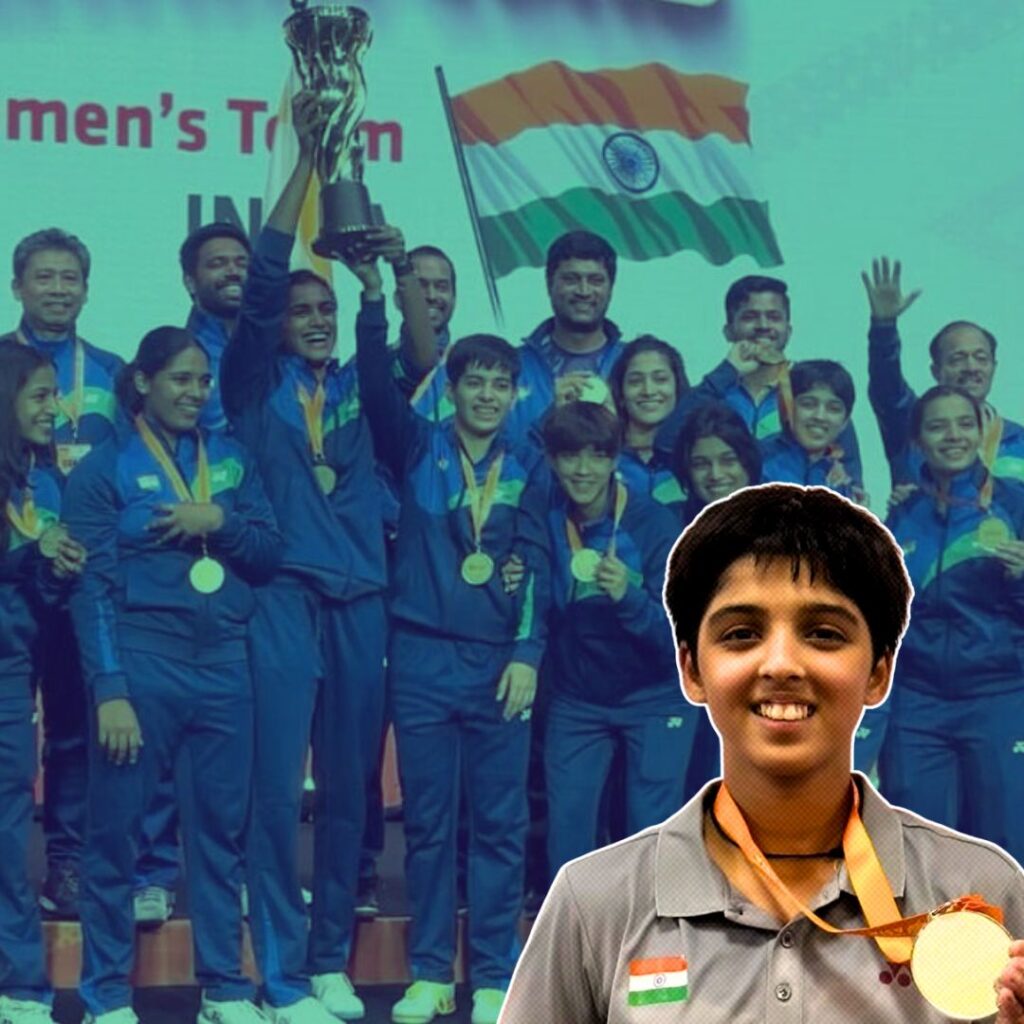One of the looming problems in India have been the poor health and sanitation situation. Lack of toilets further enhances the problem as faeces on the ground contributes to contaminating the groundwater, thereby making way for various water-borne diseases. One-half population of India, a steep number at 620 million defecates outside. Children who are exposed to open defecating ingest bacteria, fungi or parasites that cause intestinal infections. Poor sanitation impairs the health leading leading to high rates of malnutrition and productivity losses. The unhygienic environment is due to paramount neglect of public health and sanitation in India. There is an urgent need of adequate, well-maintained, water supply and hygiene facilities in the country. Have we done our bit in keeping the environment clean?
A design student from Delhi, Ashwani Aggarwal started an initiative named, Basic Shit. This stemmed from the persistent problem of people urinating in the open. Basic Shit is a design model of an e-toilet which was a part of his assignment project. It grew to be a successful venture and later, it took the shape of a model which can be implemented at a public level. The model of course went through a lot of research and development for it to be set up at several areas.
Toilets for men being set up for the Vasundhara festival, Goa
The basic shit
Basic Shit incorporates models that are extremely inexpensive in nature and makes the use of material which are easily available. The idea of stop open defecation needs a solution of having urinals in the urban and rural areas. Basic Shit is trying to bring those solutions closer to home. Open urination causes health hazards that include aerosol poisoning, as in harmful gases gets mixed in the air we breathe. With every corner of the city being used a public urinal, the amount of aerosol getting mixed in the increasing by leaps and bounds. Aerosol poisoning occurs when harmful ammonia is mixed with the carbon dioxide present in the air. Aerosol travels deep into our lung tissues, thereby affecting our respiratory system to a large extent. The model of innovation on which the Basic Shit works is creating sustainable toilets. When The Logical Indian spoke to Ashwani Aggarwal, he said, “I wanted to bring an easier alternative to public toilets. Hardly anyone would use public toilets due to their poor upkeep. I wanted to do something which would prevent people from urinating on the roads as well as this could be an environment friendly alternative.”
Scopes
Innovation towards progress is the vision which Basic Shit . “We have a tagline, Use It or Lose It”, said Ashwani, his voice beaming with confidence. The urine is collected after being diluted with water and it is deposited three feet below the ground level. This helps in charging the groundwater level. Another alternative of using the wastewater is for watering plants. In one of the toilets set up in Delhi, it has an adjacent green patch where plants are grown and watered using the same wastewater. Another long-run implication would be separating urea from urine. Ashwani says, “In Nepal, such a model has been invented and is being used. We are currently looking into the research and development of the same model. If implicated, it will help farmers to procure urea at a much lower cost for their farms.” Generating electricity from urine is another scheme which is being researched into, Ashwani added. Disposing off the diluted water in the green belt of urban areas would help in contributing towards a larger cause for environment. Basic Shit has also collaborated by setting up toilets for men and women in Vasundhara Festival in Goa and Ziro in Andhra Pradesh.
Challenges and Impact
As innovative as it sounds, installing such toilets also incur several hassles in the process. “One has to tweak the installation according to the demography of the places. One of our first projects was near AIIMS where we faced certain obstructions while executing it. Later we moved to smaller market societies like Greenpark and SDA Market in Delhi,” Ashwani said. The initial problem was at certain areas people did not allow them to set up the toilets. Sensitizing and creation of an awareness is one of the primary aspect which needs to be heavily worked upon, at the nascent stage of the initiative. After setting up the toilet kiosk, vandalism was another huge problem faced by the organisation on a regular basis. People broke into the toilet and stole the equipments. “Tackling vandalism has been one of the biggest problems. We set up the kiosks near ATMs, as there are guards near it, even at night,” Ashwani said. People needed to be told about the toilets and how to use it. Posters were put up how to use it.
Raw materials for setting up women’s’ toilet in Ziro Festival, Andhra Pradesh Another constraint Ashwani faces is constraint of funds. This project is gradually moving to a place where crowd-funding is the on…











